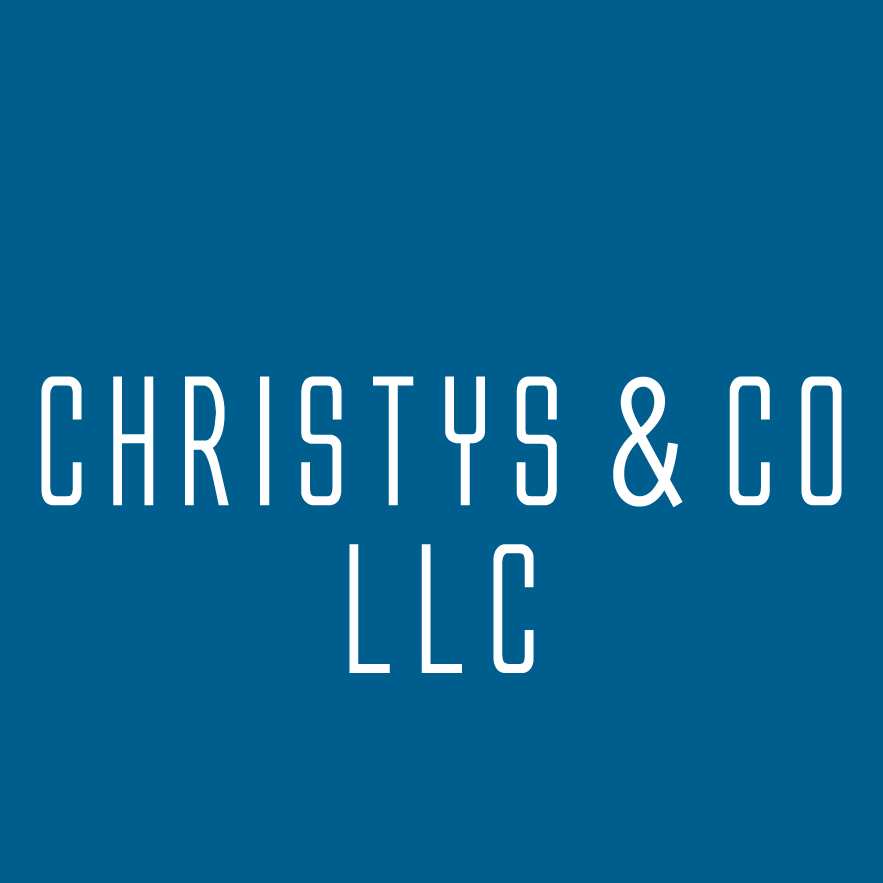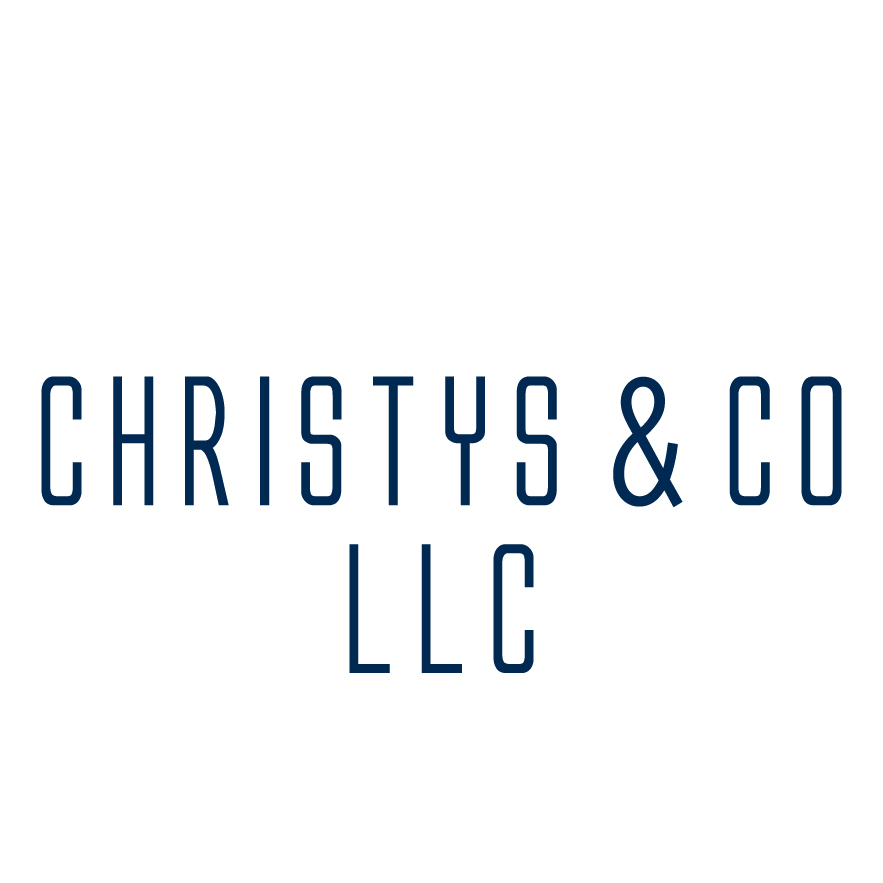In the dynamic world of businesses, understanding and adhering to competition law is paramount for sustainable growth and success. When navigating the landscape of competition law, businesses should keep various key considerations in mind.
In the European Union, antitrust rules aim to prevent the limitation of competition in the market and the abuse of dominant market positions. More specifically, the Treaty on the Functioning of the European Union (TFEU) outlines two key prohibitions. On the one hand, Article 101 prohibits agreements between independent market operators that restrict competition, with a prime example being the formation of cartels among competitors engaging in practices like price-fixing. On the other hand, article 102 prohibits firms holding a dominant position in a given market from abusing that position or refusing to innovate to the detriment of consumers.
Firstly, it is recognized that cooperation with channel partners is an important aspect of building a business, for example, to plan product promotions. However, especially when a company is acting both as a supplier to channel partners and a direct seller to consumers, hence competing, it is important to avoid the risk of participating in cartel conduct through the avoidance of mismanaged exclusivity or sharing sensitive information. This is because the reduction of strategic uncertainty in the market between companies that are competitors, around information concerning costs, turnover, marketing plans, etc., can be seen as anti-competitive.
Secondly, businesses supplying products to channel partners may aspire to have prices reflect their brand’s value. Competition laws prohibit imposing price restrictions on channel partners, however, a business can provide recommended prices, provided that these do not act as fixed or minimum prices in practice. Furthermore, it is acceptable to regulate the price of a product when sold by an intermediary who genuinely functions as the “agent” of the supplier and lacks the autonomy to act independently.
Thirdly, while the integration of businesses might have positive outcomes, such as the increase of market shares and reduction of input prices, mergers and acquisitions should not lead to a grave reduction of competition in the market. If the annual turnover of the combined businesses exceeds specified thresholds in terms of global and European sales, the proposed merger must be notified to the European Commission.
The European Commission monitors anti-competition practices, wielding the authority to fine companies up to 10% of their annual worldwide turnover, ensuring a fair playing field for EU businesses.
At Christys & Co LLC Advocates and Legal Advisors, our seasoned lawyers specialize in competition laws, offering expert advice to businesses. With extensive experience, we navigate the regulatory landscape, addressing joint ventures, mergers, acquisitions, and various behavioral competition matters. Our focus ensures strict adherence to both national and EU legal frameworks for your business.


